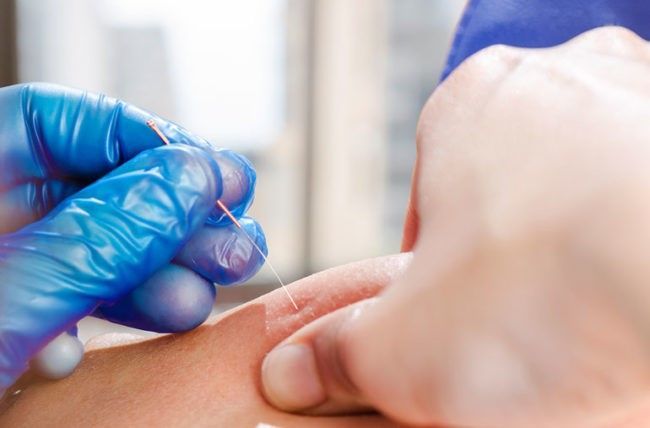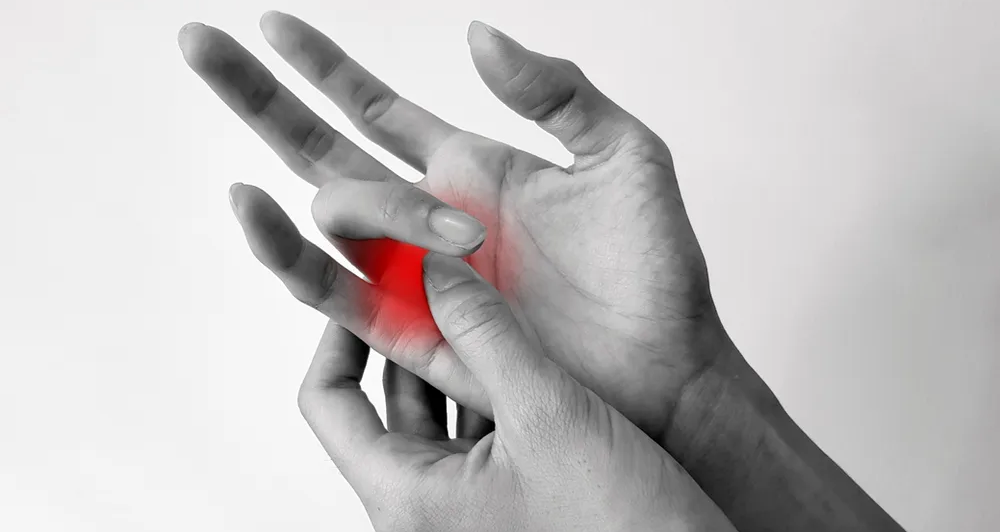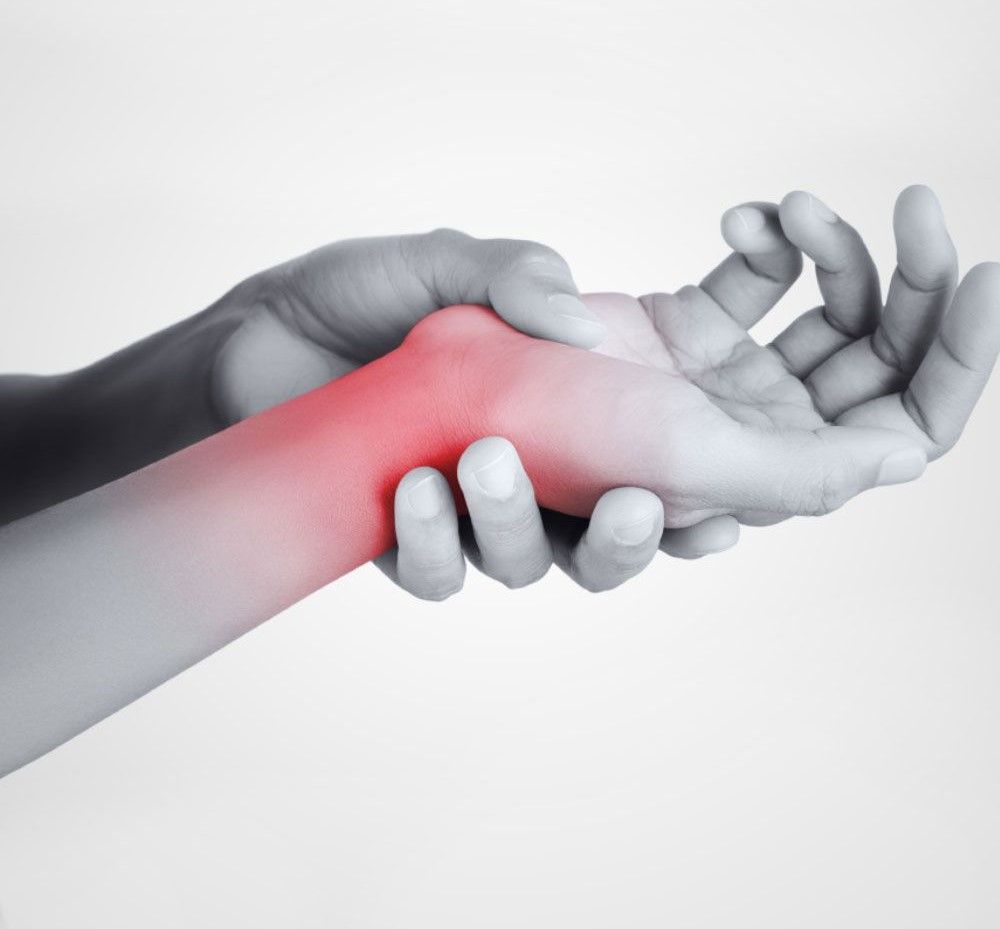Polycystic Ovary Syndrome (PCOS)
Polycystic Ovary Syndrome (PCOS)
Polycystic Ovary Syndrome (PCOS) is a relatively common condition where women may have a number of small cysts around the edge of their ovaries. Affecting around 1 in 10 females, there are several symptoms associated with PCOS, including:
• irregular / absent periods
• difficulty in getting pregnant
• excessive hair growth
• difficulty in maintaining a healthy body weight
• thinning of scalp hair
• acne
• depression or mood changes
Not all women with PCOS will have all of these symptoms and each can vary in severity. They usually appear in the late teenage years to early twenties. In many cases however, the only symptoms are menstrual problems or failure to conceive.
Causes
The exact cause is unknown, but insulin resistance, weight gain and certain hormonal imbalances are often associated with its development.
Treatment
In overweight women, the symptoms of polycystic ovary syndrome (PCOS) can be greatly improved by losing excess weight. Eating lots of fruit and vegetables, choosing lean meats and low-fat dairy foods as well as limiting the amount of fatty and sugary foods and drinks you consume. If you are trying to conceive, it is particularly important that you have a diet rich in nutrients and are also taking a folic acid supplement. You can talk to your GP about this.
The Glycaemic Index (GI) is a ranking system, showing how quickly your blood sugar rises after eating different carbohydrates. All women diagnosed with PCOS should consider swapping some high GI foods with lower GI options. Eating low GI foods can improve insulin levels. Insulin also increases testosterone levels, and although testosterone is often thought of as a male hormone, all women need a small amount. However excess testosterone can lead to acne, excess hair and irregular periods.
You may find that swapping some high GI foods for low GI foods helpful even if do not need to lose weight, it has been shown that low GI diets improve the body’s ability to respond to insulin in women with PCOS.
There are many benefits to be gained from being physically active but the most relevant to PCOS is that it improves your body’s response to insulin. Healthy eating and being active are very important to prevent long-term health concerns linked to PCOS, such as heart disease and diabetes.
If you have any of the symptoms listed above and are concerned, speak with your GP as there are other treatment options available. But remember, if you are overweight, even a small amount of weight loss can improve PCOS symptoms, including reducing the amount of insulin that your body needs to produce. This then reduces testosterone levels and improves the chances of ovulation. You can lose weight by following a suitable diet and aiming for 45-60 minutes of exercise every day. A loss of between 0.5-2 pounds a week is a safe and realistic target. If you still feel you need some extra support with weight loss, feel free to contact me at the clinic on the details below or email liam@jtphysio.com
Liam Leech ANutr.
MSc. Human Nutrition, University of Ulster
BSc (Hons) Sport & Exercise Science, Loughborough University
ModernDigital - Donegal Web Design




